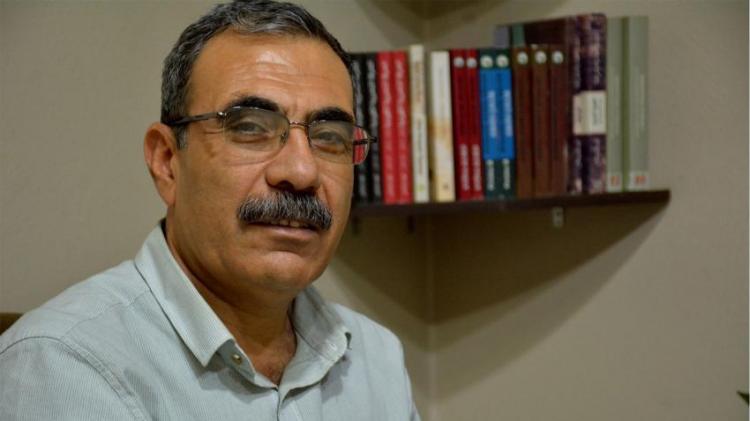Northeastern Syria to be affected by US sanctions: Syrian Kurdish Official
QAMISHLI, Syria (North Press) – The Autonomous Administration region in north and east Syria will be affected by Caesar Act despite the US statement that excluded the regions out of Syrian government control from the US sanctions, top Kurdish official Aldar Xelil said on Friday.
"The region will not be excluded from Caesar Act because it is part of Syria and dealings are in the Syrian pound," Xelil, senior member of the Democratic Union Party (PYD), the main Kurdish party in northeast Syria, said in a statement.
Xelil added that the US sanctions aimed at targeting the areas under the control of the Syrian government and the parties and organizations dealing with it. "This means that the Autonomous Administration areas are not included, as US officials already stated."
"But the region [northeastern Syria] uses the local currency, the Syrian pound, in all dealings as the Autonomous Administration region is part of Syria and has commercial relations with Syrian government-held areas," he said.
Xelil added it was not clear whether the U.S. to take steps to help reducing the impact of sanctions on the region or not.
Caesar Act which came into force on Tuesday targets various sectors of the Syrian government, particularly the military industry, energy, companies and parties that deal with them, aiming at pressuring the government to make a political change in Syria.
Two weeks ago, the U.S. deputy special envoy William Roebuck affirmed in a meeting with the co-presidency of the Autonomous Administration of North and East Syria that the Act does not target Syrian civilians, especially those in northeastern Syria.
On June 7, the Autonomous Administration formed crisis-management team aiming at tackling the consequences of Caesar Act.
Last week, the Autonomous Administration announced doubling the salaries of its employees, saying the 150% salary raise, starting June 1, would apply to every employee working for the local government.
(Reporting by Abd alhelim Suleiman from Qamishli)

